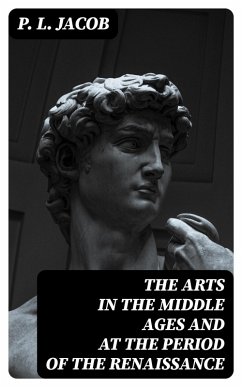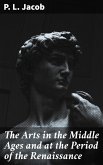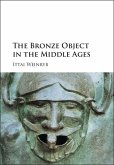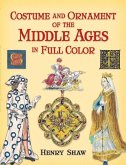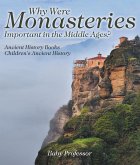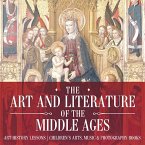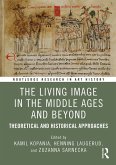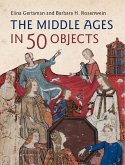In "The Arts in the Middle Ages and at the Period of the Renaissance," P. L. Jacob offers a thorough examination of the intricate interplay between cultural, religious, and artistic developments during two pivotal epochs in Western history. The book is meticulously structured, weaving together historical narratives and critical analysis in a style that marries academic rigor with eloquence. Jacob delves into the evolution of artistic expressions from the ornate religious iconography of the Middle Ages to the humanist ideals embodied in Renaissance art, emphasizing the socio-political and philosophical contexts that shaped these transformations. P. L. Jacob, a distinguished scholar with a deep-rooted expertise in art history, brings to this work a wealth of knowledge acquired through years of academic study and teaching. His fascination with the dynamic shift from medieval to Renaissance art is informed by his extensive research on how the intersections of faith, politics, and culture influence artistic creation. Jacob's ability to present complex ideas in a comprehensible manner stems from his long-standing commitment to making art history accessible and engaging for a wider audience. This book is highly recommended for anyone interested in the evolution of Western art, from students to enthusiasts. Jacob's insightful analysis not only enriches our understanding of the periods it covers but also invites readers to reflect on the enduring impact of these artistic movements on contemporary culture. By unveiling the intricate layers of history that shape artistic expression, "The Arts in the Middle Ages and at the Period of the Renaissance" is an essential addition to the library of anyone seeking to deepen their appreciation of art and its historical significance.
Dieser Download kann aus rechtlichen Gründen nur mit Rechnungsadresse in A, B, BG, CY, CZ, D, DK, EW, E, FIN, F, GR, H, IRL, I, LT, L, LR, M, NL, PL, P, R, S, SLO, SK ausgeliefert werden.

